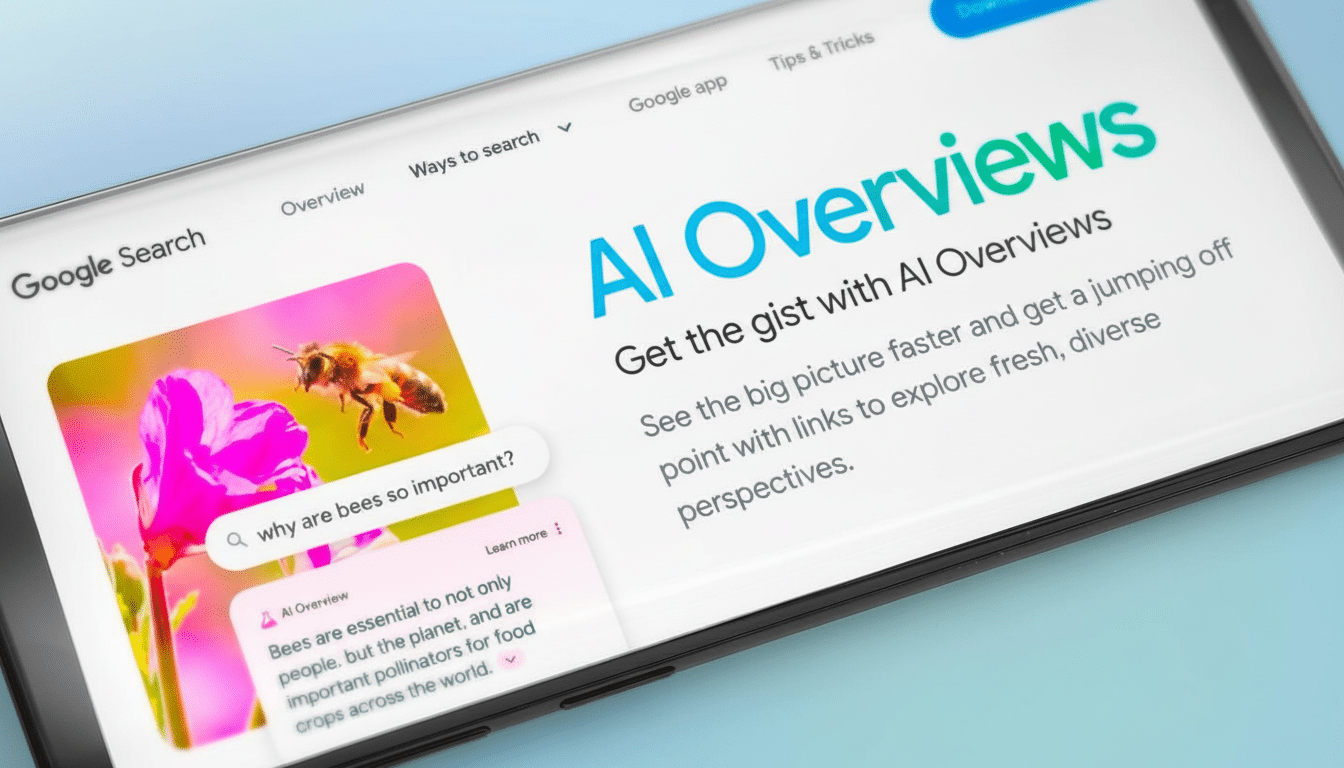AI-generated answers are chipping away at one of the open web’s most dependable sources of traffic. The nonprofit that runs the world’s largest encyclopedia says humans are increasingly reluctant to visit as search and chatbots increasingly summarize its work on a topic before someone ever clicks through. And the stakes are higher than vanity metrics: fewer page views can also mean fewer editors, lower donations, and a frailer commons.
A Tangible Decline In Human Foot Traffic
When the armies of scrapers were removed from the equation, the foundation’s research found that human page views sank about 8 percent year over year across a recent six-month window. That’s quite a turn for a site that has long benefited from search-driven discovery and “learn more” curiosity loops.
- A Tangible Decline In Human Foot Traffic
- AI Answers Increasingly Replace Clicks on Sources
- Volunteer Ecosystem And Funding In Peril
- Bots Bring Rising Costs Without Clear Public Benefit
- A Broader Pattern Emerging Across Digital Publishing
- How Platforms Could Fill The Attribution Gap
- The Stakes for the Open Web and Its Knowledge Commons

The diagnosis is blunt: more answers are coming directly in search results and home assistants, frequently pulled from the encyclopedia’s entries, infoboxes, and citations. The movement in behavior leads to fewer clicks, while elements within it are still very much important to the answer.
AI Answers Increasingly Replace Clicks on Sources
Generative systems like Google’s AI Overviews, OpenAI’s ChatGPT, and Anthropic’s Claude are trained on and often develop paraphrases of encyclopedia content. Ask about a historical event, a scientific constant, or even a public figure’s early career and you will often receive some kind of synthesized response tuned to that corpus — no trip necessary.
Meanwhile, younger audiences are turning more and more to social video platforms for short explainers. That dual pull — AI on top of search and short video in the feed — diminishes the resizable surface on which online encyclopedias can convert curiosity into a page view.
The irony is not hard to find: the site’s rigor and range make it essential training data, yet that same rigor and range power products that siphon traffic away. It is the ultimate “zero-click” trade-off — utility minus the visit.
Volunteer Ecosystem And Funding In Peril
The encyclopedia is not an ordinary publisher. The quality of its reporting is derived from a volunteer community that writes, sources, and argues. People end up being editors because they stumble into a topic, find something missing, and take a decision to support. Fewer visits mean fewer of those serendipitous access points to participation.
Donations also depend on volume. Annual “fundraising banners” are here to convert our readers to contributors, but we maintain a very tight threshold for the amount of traffic in order to ensure all those in need receive our coverage, regardless of whether they can afford it. In the end, sustainability is no longer an issue of book learning.
Bots Bring Rising Costs Without Clear Public Benefit
Traffic isn’t the only issue. The foundation says that scraping bots cause high server load and hosting costs, while the benefit goes to commercial AI products. Training runs may pound on mirrors and APIs with minimal visibility into where or why this is being used, or who owns it.

In response, the foundation has asked platforms to clearly identify sources in their answers and promote popular click paths as a means of “reading the source” and contributing. The ask is simple: if AI depends on collective community knowledge, attribution and support should be seen and credited.
A Broader Pattern Emerging Across Digital Publishing
The encyclopedia’s experience mirrors that of the industry more broadly. According to Digital Content Next, whose members include The New York Times and The Washington Post, median referrals from Google Search to member sites fell about 10 percent in a two-month period recently, with some publishers experiencing decreases of around 25 percent. Search providers argue there is not a direct cause-and-effect relationship, but increasingly, answers do not result in clicks.
Meanwhile, content volume is exploding. An estimate by the SEO firm Graphite suggests that AI-generated articles now make up more than half of what is published online, adding competition for attention and gumming up the open web with near-duplicates.
How Platforms Could Fill The Attribution Gap
There are pragmatic fixes. Search and chat products can enable the surfacing of source cards with uniform, above-the-fold links. File references should be standard, not a choice. “Expand for sources” drawers can even default to open, pushing users to at least visit and check.
On the business end, structured licensing, API access with rate limits and fees, and use dashboards would align incentives and help combat unregulated scraping. Even design decisions can — the existence of a persistent “edit this topic” link in AI answers — help channel expertise back into the community that sustains the “canon.”
The Stakes for the Open Web and Its Knowledge Commons
Summaries are handy, but they should be a portal, not a terminus. If the web is abstracted into answer boxes by AI, such sources of verified truth become endangered. The encyclopedia is still the foundation of countless searches; it is in everyone’s interest — those of readers, editors, and funders, not to mention the AI systems built upon them — to maintain its feedback loop.
The message from the foundation is this: If generative AI will synthesize knowledge, it must also keep the commons that it draws on healthy. Otherwise, the web’s most trusted shortcuts could end up eating away at the very wellspring that makes them possible.

